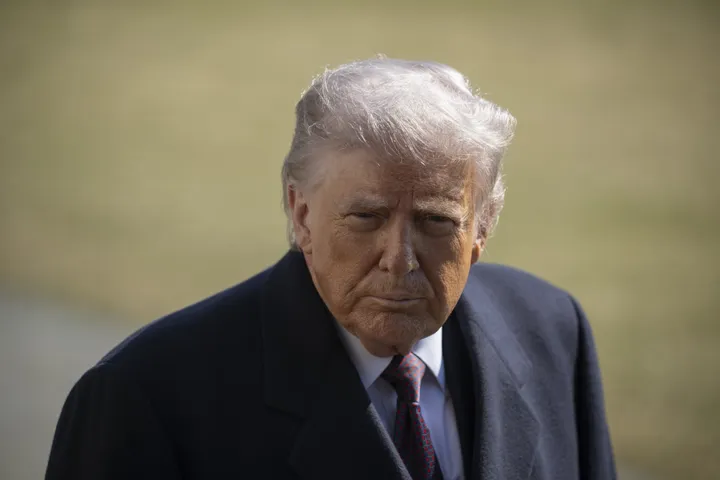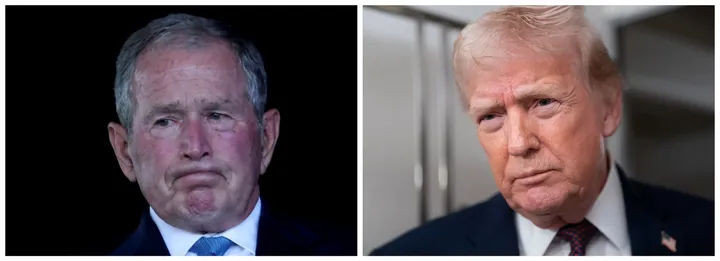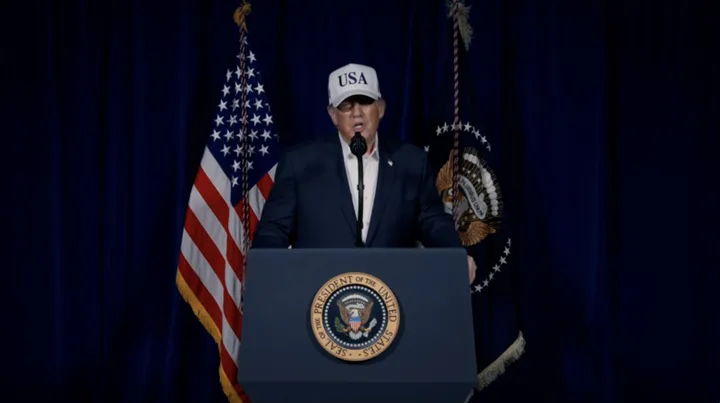Libya's election commission has decided not to publish a list of presidential candidates until after it settles some legal issues, leaving almost no time to hold the vote as planned on December 24.
"Given the sensitivities of this stage and the political and security circumstances surrounding it, the commission is keen to exhaust all means of litigation to ensure its decisions comply with issued judgments," the commission said in a statement on Saturday.
While most Libyan and foreign figures involved in the process have continued to publicly call for the election to go ahead on schedule, politicians, analysts and diplomats all say in private that this would be very hard to achieve.
READ MORE: Q&A: Why Libya’s elections must be delayed
Disputes over fundamental rules governing the election have continued throughout the process, including over the voting timetable, the eligibility of major candidates and the eventual powers of the next president and parliament.
Without any commonly accepted legal framework, it was not clear how far rules would be based on the UN-backed roadmap that originally demanded the election or on unilaterally-issued laws by the parliament speaker in September but rejected by other factions.
Major shortcomings
The process of ruling on the eligibility of candidates has laid bare major vulnerabilities in the process.
The commission initially ruled out 25 candidates and set a period of about two weeks for judicial appeals.
Rival factions have accused each other of intimidating or bribing judicial and administrative officials to sway the final list of candidates.
With armed groups controlling the ground across Libya, any election conducted without strong international monitoring would be open to accusations of fraud.
READ MORE: US' Libya gambit: Giving warlord Haftar another chance
The electoral commission said it was in communication with the Supreme Judicial Council and with a parliamentary committee and would adopt procedures based on those conversations before moving forward with the electoral process.























